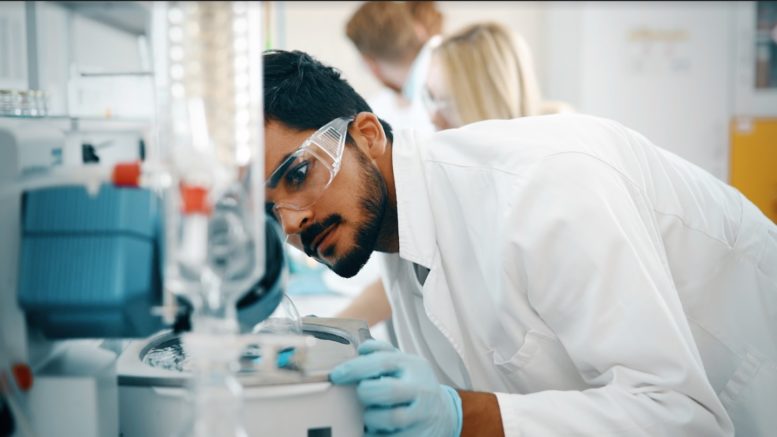As the number of pharmaceutical companies continues to grow, the need for clinical trials continues to grow, too. If a company wants a new drug to be available to the public, they’ll do everything possible to make sure that their new product is effective and safe. They’ll rely on the results from a clinical trial to help them determine this.
What Are Clinical Trials And Research?
Clinical research is typically conducted by a medical center, university, pharmaceutical company, or private firm. Clinical research is a branch of medical science that examines medical devices’ effectiveness and safety, medicines, therapeutic products, and treatments designed for human use. These can also be used for diagnosis, prevention, or treating various symptoms of an illness. The research conducted in this field aims to improve the quality of life and, in some cases, ease patients’ suffering.
What Happens In A Clinical Research?
Like the ones done at HRMD Research, clinical research involves several processes to check the safety and effectiveness of a medicine or vaccine. The first stage of clinical research for medicine is studying the illness, virus, or bacteria that the medicine will need to cure or eradicate.
Studying the virus or bacteria structure is critical to develop a medicine or vaccine to kill it. After developing the vaccine or medicine, the research will go to clinical trials.
A clinical trial has five phases:
- Phase 0 – during this phase, researchers invite a small group–consisting of fewer than 15 people. They add a small dose of the vaccine or medication to ensure that it won’t cause any negative effects on the participants. During this phase, the researchers observe the participants in a few months so they can check if there are any necessary changes in the drug or vaccine before continuing to the next phase.
- Phase I – in this phase, the researchers made some changes based on their observation in Phase 0 and invite more people to participate in the trial. There will be about 20 to 80 people required to participate in this phase. In this phase, the researchers will study the participants in the span of months to determine the highest dose that the participants can take without having negative effects on their system.
- Phase II – in this phase, several hundreds of people are now injected with the medication. By this time, many people are already living with the condition that this medication is trying to treat. Again, researchers conduct months of observations on the test subjects to ensure that it can proceed to the next phase.
- Phase III – in this phase, about 3,000 participants are involved in the research, and it could take several years to conclude the effects of the medicine. The purpose of this phase is to evaluate the difference between the new medication and the existing medications available today.
- Phase IV – this is when the clinical trials become approved by the Food and Drug Agency. This phase involves thousands of participants, and observing them can last for many years.
What Are The Benefits Of Doing Clinical Research
Pharmaceutical companies are required to carry out clinical research to come up with better drugs for patients. Some clinical research also studies alternative medicines, like using cannabis for children with epilepsy.
The most common benefit of clinical research is that it helps find the most effective drugs. A good example of this is the drug Epi-pen, which is used to treat asthma. Another benefit of clinical research is that it helps spread information about the medical field, helping both doctors and patients get better knowledge.
The spread of information and results of clinical research is done by publishing journals. Since most journals are available for free, people can easily get a hold of information about their ailment and better understand it.
Clinical research in the medical field is also important because scientists have much data to work with. They collect and test several drugs before they come up with a suitable one. This also allows scientists to work with less dosage, which makes the process very cost-effective. Hence, the cost of the research becomes much affordable.
Final Thoughts
Clinical research helps make the product more effective and efficient in all its aspects and improves the patient’s quality of life. Research in this field helps find out the best ways of using the medicine or the device and how it works to improve the efficiency and the functionality of the product.
The scientists and the doctors involved in this study also perform research to determine the side effects of the medication and how they’re related to the patients. They also try to develop new medications and create new drugs by using the old ones.
With the wide range of benefits of clinical research, it’s important to note that the people behind it ensure all participants’ safety, whether they’re animals or humans.
